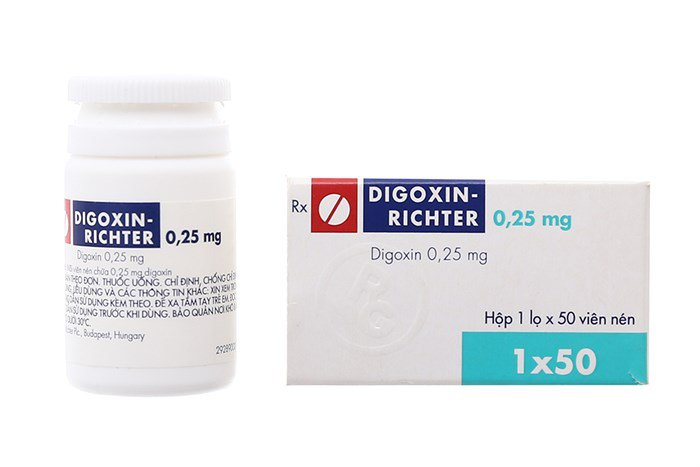Interactions

Top 7 in Top 7 Things to Know About Clonidine
Medicines that interact with clonidine may reduce its effect, shorten its duration of action, increase side effects, or have no effect when combined. An interaction between two medications does not always necessitate the discontinuation of one of them; however, it can. Consult your doctor about how to handle drug interactions.
Clonidine may interact with the following medications:
- alpha-blockers such as prazosin or terazosin
- amphetamines which may diminish the blood pressure-lowering effects of clonidine
- antidepressants, such as fluoxetine, paroxetine, St John’s Wort, monoamine oxidase inhibitors, and tricyclic antidepressants (such as amitriptyline, imipramine, and nortriptyline)
- beta-blockers such as atenolol or metoprolol
- calcium channel blockers, such as diltiazem or verapamil
- cyclosporine
- digoxin
- duloxetine
- levodopa
- methylphenidate
- opioids, such as oxycodone or morphine
- some medications used to treat mental illness, such as clozapine or thioridazine
- zolpidem.
Clonidine may interact with other heart-rate-regulating medications.
It should be noted that this list is not exhaustive and only includes common medications that may interact with clonidine. For a complete list of interactions with clonidine, consult the prescribing information.








